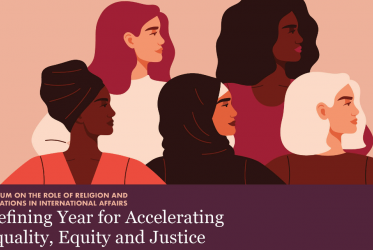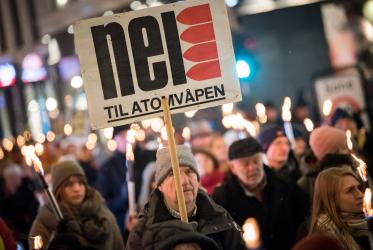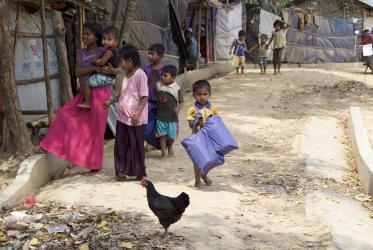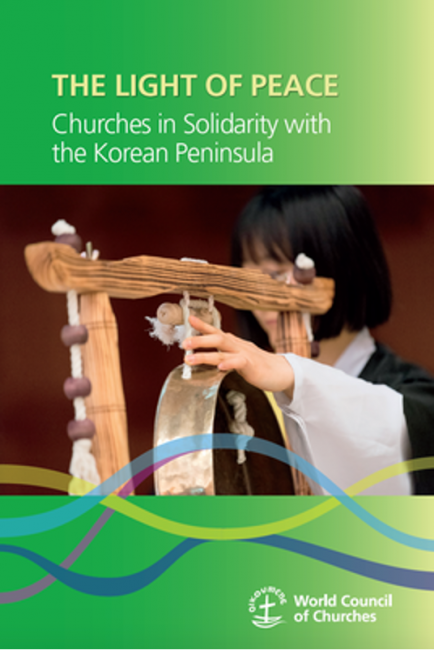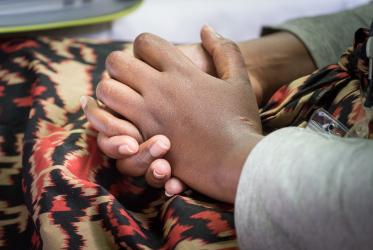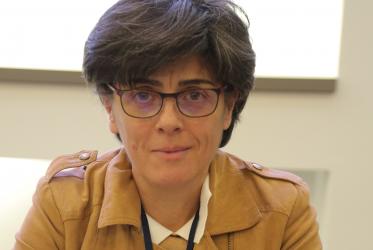Displaying 141 - 160 of 575
Rethinking Ecological Relationships in the Anthropocene era
11 - 13 February 2021
“From faith to action” conference will explore ways to protect children’s rights affected by migration
10 - 11 December 2020
Online
As olive harvest draws to a close, who is helping the farmers?
08 December 2020
WCC stands behind “Statement on Faith in Action for Children”
26 November 2020
Fr Jamal Khader: “We need to keep hope alive” in Palestine
25 November 2020
Healing Together
A Facilitator’s Resource for Ecumenical Faith and Community-Based Counselling
15 October 2020
Sudanese church leaders express hope that new pact will end war
08 October 2020
Hope prevails in times of crisis in Lebanon
14 September 2020
